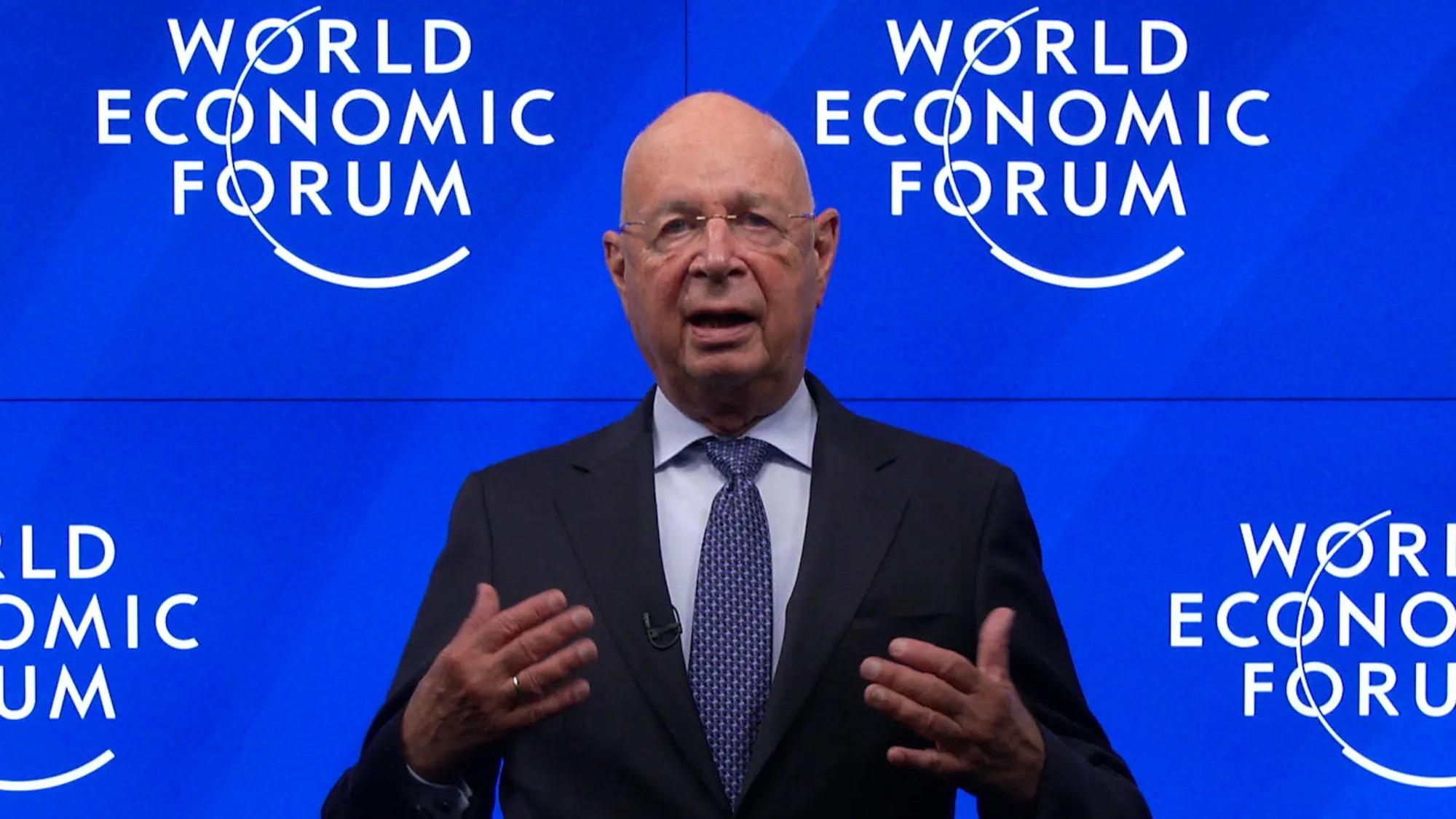Support of capitalism is reaching all-time lows. According to a Gallup poll, nearly half of young voters have a more favorable view of socialism than capitalism, a trait reflected in the Democratic presidential candidates who are building the most momentum. Both democratic-socialist Bernie Sanders and alleged capitalist Elizabeth Warren hold anti-corporatist and antitrust stances while touting plans for universal healthcare, free college, and the cancelation of student debt.
Sanders says ‘the greed of the corporate billionaire class in corporate America is destroying this country’ and claims ‘we will no longer tolerate the greed of corporate America and the billionaire class.’ The ‘greedy’ and ‘corporations’ are easy to point the finger at and portray as evil boogeymen because the terms are so vague. It’s much harder to consider the part we — the consumers — play in creating the mega-corporation we have grown to despise.
Bernie frames ‘corporations’ as easy to fear, pointing to companies profiting from the military industrial complex, evil billionaires and the fossil fuel industry. However, he focuses less on how the big-name news channels you watch his speeches on are corporations. The phone or tablet or computer you are reading this on is — gasp — produced by a corporation. The pairs of dirty underwear piled in the corner of your room were most likely produced by a corporation.
So where did our system go so wrong, handing all this money and influence to big, evil conglomerates?
The basic law of supply and demand is the more demand increases, the more supply increases. Translation: the more we support the boogeymen corporations, the more they grow.
Consumers create a problem when we support corrupt corporations. Life is dandy sipping your rum and Coke while Coca-Cola single-handedly causes a diabetes spike in a small Mexican town due to a water shortage. You are the cool kid in town sporting your brand-new Colin Kaepernick Icon jersey fresh from an Asian sweatshop.
But what Bernie and his comrades get wrong is that they tar every large business with this brush, when there are good corporations. There are thousands of fashion brands across the nation using local designers and products to make quality clothes. Toilet paper is made from US-grown trees by corporations such as the Freedom Paper Company based in Delaware. Or, who needs rum and Coke when Samuel Adams brewing company is the largest beer manufacturer whose products are made entirely in the United States?
The downfall of the corrupt corporation and the rise of the sustainable corporation can be effected using capitalism — starting with the choices made by the consumer.
American socialism would not change the corporation. If anything, it would empower corporations across the world who already contribute to dangerous, harmful, and inhumane practices instead of facilitating the beneficial ones, by dismantling successful American businesses and handing their economic power to corrupt global entities. By punishing the American fossil fuel industry and relying entirely on uranium and lithium created in China, consumers would directly contribute to vast amounts of deforestation, pollution, slave labor and more. It is easier to point fingers than it is to reflect upon how our own decisions promote and uphold a system people claim is failing. Maybe it is not the system that needs changing. Maybe our consumer habits do.


























